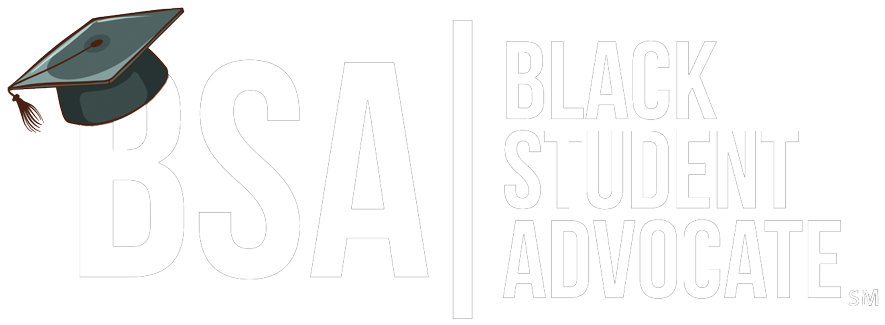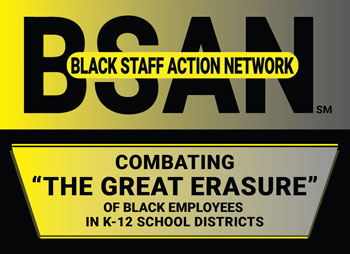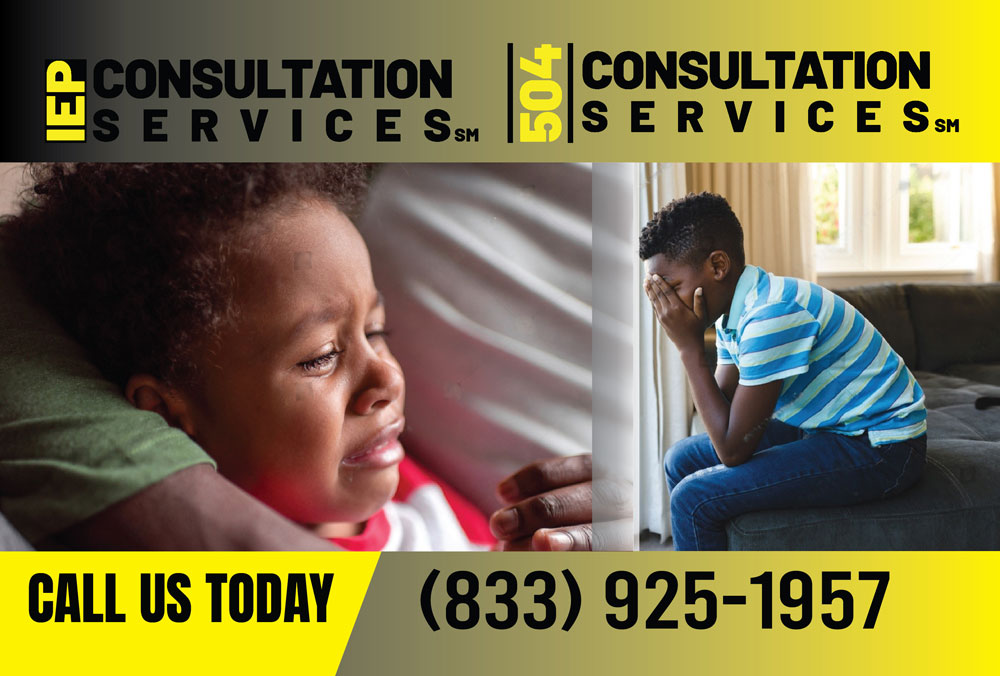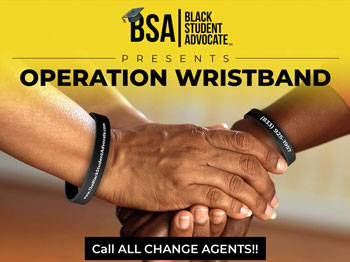The right of students with special needs has remained the biggest concern in society. They are not accepted equally in our education system as other normal children and have limited access to inclusive classroom environments. And, when it comes to black students, the situation is more troubling as they often have to face different and more difficult school experiences than their class fellows.
Black children experience the highest levels of discipline of any K-12 students. The situation is no different for students with disabilities. In fact, adultification among black students is quite prevalent, which makes them treated as older than they actually are. This impacts the way teachers recognize their students’ conduct. When a black child and a white child are behaving the same way, the black child’s behavior is, generally, seen more harshly than the white child’s. As a result, they are often referred for disciplinary action and face physical restraints. This calls for strong advocacy for black students with special needs, which may help end such harsh practices.
Advocacy for black students with special needs involves different strategies. Most importantly, it is about standing and speaking up to promote or defend the rights, interests, and needs, of black students.
Here are the key points to ensure advocacy for black students with special needs is going in the right direction.
Equal Access to Education: We often talk about an ecosystem promoting equality, while this is the most overlooked aspect. Every student has the right to quality education, and black students with disabilities should not be treated with exception. Schools must provide equal access to proper support and resources for these students to ensure they can participate fully in the learning process, just like their non-disabled peers.
Individualized Education Plans (IEPs): IEP is an ideal tool to jump the road blockers on the path of education of children with special needs. IEP outlines the precise educational needs of students with special needs and plans for how they will be achieved. You can always ask school districts for IEP meetings to ensure that the particular needs of your child are addressed properly.
The Lawful ‘IDEA’: The Individuals with Disabilities Education Act (IDEA) is a federal law that guarantees all disabled children the right to a free and adequate education in the least restrictive setting. There should be information sessions and parent workshops explaining different aspects of the IDEA. Families should also be involved, and they should realize their rights as decision-makers and various concerns related to behavior and learning that IDEA defines as disabilities. These laws prohibit discrimination on the basis of disability and ensure that black students with disabilities receive the services they need.
Culturally Responsive Education: Teachers in the school can be trained to be culturally responsive. This can involve integrating culturally relevant content, building strong relationships with students and creating a more inclusive and supportive learning environment. In the K-12 school district system, the number of black teachers is relatively low. Furthermore, teachers of the same race as their students are more likely to be aware of their students’ culture than teachers of a different race. Hence, training teachers to be culturally responsive will help them address the unique needs and experiences of black students with disabilities.
Final Words!
If you are interested in making a difference and advocating for children with disabilities, join The Black Student Advocate Network, which is committed to student advocacy for special needs. We can team up to ensure the implementation and enforcement of the above-mentioned points that will lead to protecting the rights of black students with disabilities and fostering an equitable and inclusive learning environment.







Share This Page